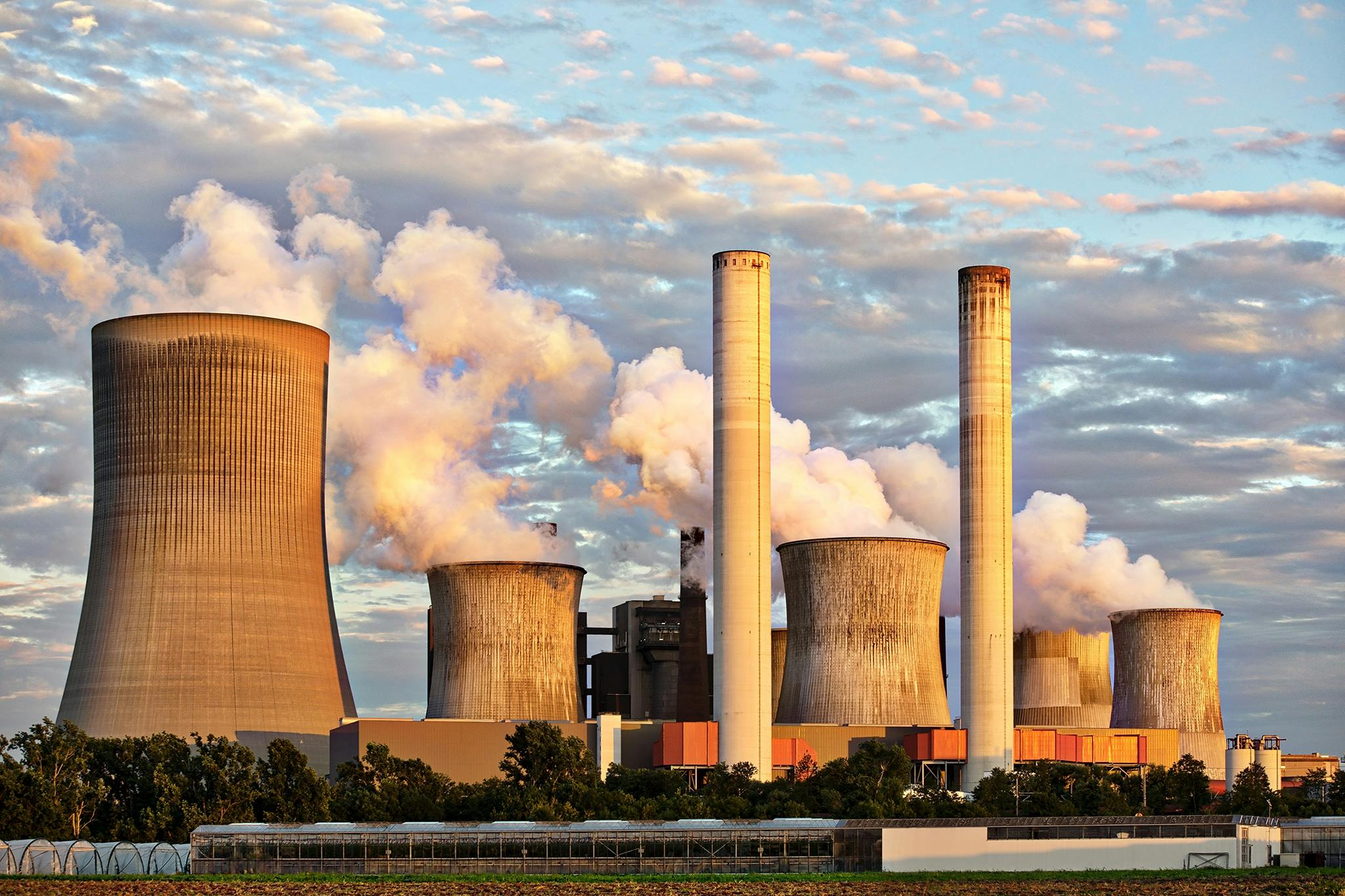In a move that has ignited a fervent debate over environmental justice, New Jersey regulators have granted approval for the construction of a gas-fired power plant in Newark’s Ironbound section—a community already grappling with significant pollution burdens. The decision has been met with staunch opposition from local residents and environmental advocates, who argue that the project exacerbates existing health disparities in the area.
A Community Under Siege
Newark’s Ironbound neighborhood, encircled by industrial facilities, rail lines, and Newark Liberty International Airport, has long been a focal point of environmental concerns. The community endures elevated levels of air and noise pollution, contributing to health issues such as asthma, with one in four children reportedly affected. The introduction of another emission source, critics contend, could further deteriorate the quality of life for residents.
The Power Plant Proposal
The Passaic Valley Sewerage Commission (PVSC) has proposed the construction of a $180 million gas-fired power plant intended to serve as a backup energy source for its sewage treatment facility. This initiative aims to prevent a recurrence of the catastrophic power failure experienced during Superstorm Sandy in 2012, which resulted in 840 million gallons of raw sewage spilling into local waterways. PVSC asserts that the new plant is essential for operational resilience during future emergencies.
Environmental Justice Law and Its Implications
In 2020, New Jersey enacted a landmark Environmental Justice Law designed to mitigate the disproportionate impact of pollution on overburdened communities. The law mandates that the New Jersey Department of Environmental Protection (NJDEP) evaluate the cumulative environmental and public health impacts of certain facilities on these communities when reviewing permit applications. Despite this, the NJDEP determined that the law does not preclude the construction of the PVSC’s proposed power plant, allowing the project to advance.
Community Response and Opposition
The NJDEP’s decision has galvanized opposition from local residents and environmental groups. The Ironbound Community Corporation, a local advocacy group, has spearheaded efforts to halt the project, organizing campaigns that have generated hundreds of emails and phone calls to PVSC officials expressing dissent. Critics argue that the project contradicts the intent of the Environmental Justice Law and exacerbates existing environmental health disparities.
State Officials Weigh In
Governor Phil Murphy, who signed the Environmental Justice Law, has faced criticism for the state’s handling of the PVSC project. While the law aims to protect vulnerable communities from additional pollution sources, its application in this case has raised questions about its effectiveness and enforcement. State officials have emphasized the need to balance infrastructure resilience with environmental justice considerations, a complex challenge highlighted by this controversy.
Looking Ahead
As the PVSC moves forward with its plans, the Ironbound community and environmental advocates continue to explore legal and public avenues to challenge the project. The outcome of this dispute may set a precedent for how environmental justice laws are applied in future infrastructure developments, particularly in communities already burdened by pollution.
This situation underscores the ongoing tension between infrastructure needs and environmental justice, highlighting the critical importance of inclusive decision-making processes that prioritize the health and well-being of all communities.
(Source : nj.com)


